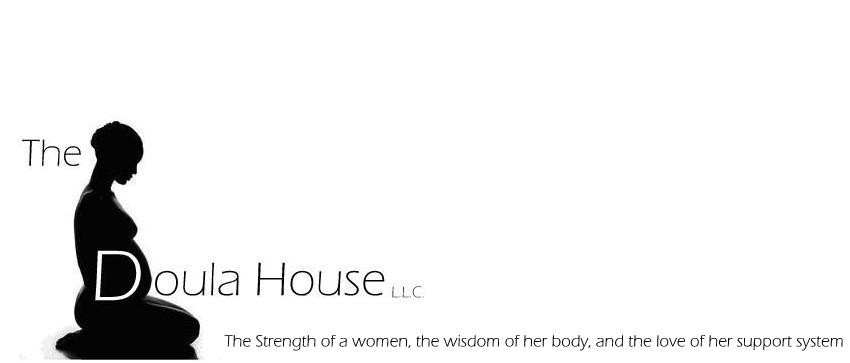Recent statistics show that anywhere from 60-90% of women today choose epidurals for labor. Though epidurals have been called the "cadillac" of medications due to their ability to reduce labor pain, controversy exists about whether or not epidurals affect the baby.
Epidurals do have the potential to affect a baby in two ways: either directly by crossing the placenta into the baby's bloodstream and/or indirectly by affecting the health of the mother.
Indirect effects to the Baby from Epidurals
One of the ways that epidurals can affect babies is if the mother's blood pressure drops during labor. Regional anesthesia tends to dilate a person's blood vessels, which can sometimes cause their blood pressure to drop. This is generally more of a risk if the mother already has low blood pressure. A drop in a mother's blood pressure in labor will cause the baby's heart rate to fall as well.
Epidurals cause the mother to lose most or all of her sensation and feedback to push. So, another indirect effect of epidurals to the baby is when mothers cannot push effectively. Research does show that women push longer when they have an epidural. Between exhaustion and not having feedback to push, instruments are used more often to help get the baby out, such as forceps or vacuum extractors. The use of these instruments are both considered to be "complicated vaginal deliveries" and can cause bruising and/or swelling on the top of the baby's head.
A 1997 study in Pediatrics has shown that epidurals are more likely to cause the mother's temperature to increase. In this case, medical staff is required to out rule that the mother may have an infection. So another indirect effect of epidurals can lead to a 350% higher chance of the baby being tested for infection (called a sepsis work-up) and 400% higher chance of being given antibiotics. In most cases, no infection is found in the baby.
Direct effects to the Baby from Epidurals
One way to look at the potential effect of epidurals on babies is to study their behavior as compared to babies from non-medicated labors. Researchers in Sweden have discovered that epidurals and other medications do affect babies in the first hours after birth with regard to pre-breastfeeding, latching-on and other behaviors. In a 2001 study published in Birth, infants were videotaped and their behaviors were recorded. The study showed that compared to babies whose mothers did use use pain medication, infants whose mothers used epidurals or a combination of epidurals with other medications:
Researchers concluded that, "Spontaneous breast-seeking behavior in newborns is part of the interaction between the mother and her newborn and is based on coordination of body movements, sensory stimuli, and communication behaviors. This study indicates that maternal analgesia during labor might disturb and delay the important aspects of the newborn's interactive behavior and increase the newborn's skin temperature and crying."
According to authors Jensen, Benson and Bobak, (Maternity Care, the Nurse and the Family) analgesics and anesthetics do cross the placenta. "Many drugs cross the placenta readily (e.g., antibiotics, narcotics, analgesics, anesthetics)."
The medication used in epidurals (local anesthetics such as bupivicaine) crosses the placenta by diffusion. This means that when epidurals are administered, the medication rapidly diffuses across cell membranes, crosses the placenta and enters the bloodstream of the baby. According to one study, bupivicaine (administered via an epidural) was found in blood samples taken from newborns after the mothers had an elective cesarean.
While it is clear that epidurals cross the placenta and reach the baby and can both indirectly and directly affect babies, we still don't know exactly how epidurals can affect the baby in every situation and for every mother and baby.
http://www.suite101.com/content/do-epidurals-affect-babies--a8281

No comments:
Post a Comment